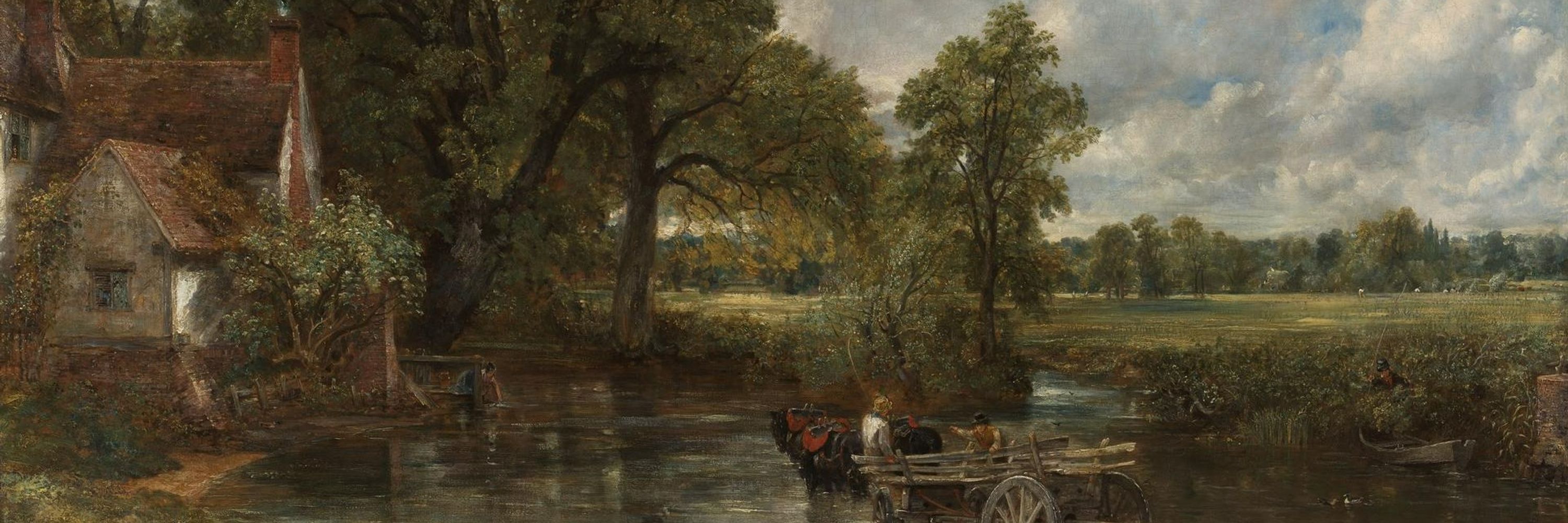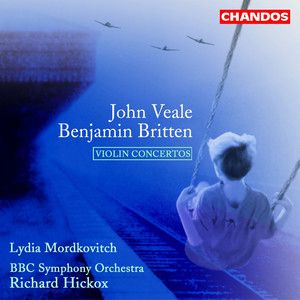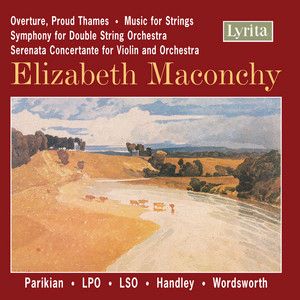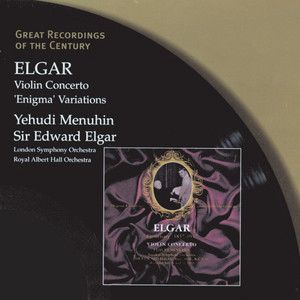











Also, this is beautiful work. Thank you for introducing me to Ms. Carwithen.
Also, this is beautiful work. Thank you for introducing me to Ms. Carwithen.


www.youtube.com/watch?v=fegz...
www.youtube.com/watch?v=fegz...


It was launched at Queen’s Hall, London, with Fritz Kreisler as soloist & Elgar conducting the London Symphony Orchestra. open.spotify.com/track/3oGLl2... #britsymphyear

It was launched at Queen’s Hall, London, with Fritz Kreisler as soloist & Elgar conducting the London Symphony Orchestra. open.spotify.com/track/3oGLl2... #britsymphyear

Given a great write up here:
www.theguardian.com/music/2025/n...

Given a great write up here:
www.theguardian.com/music/2025/n...


